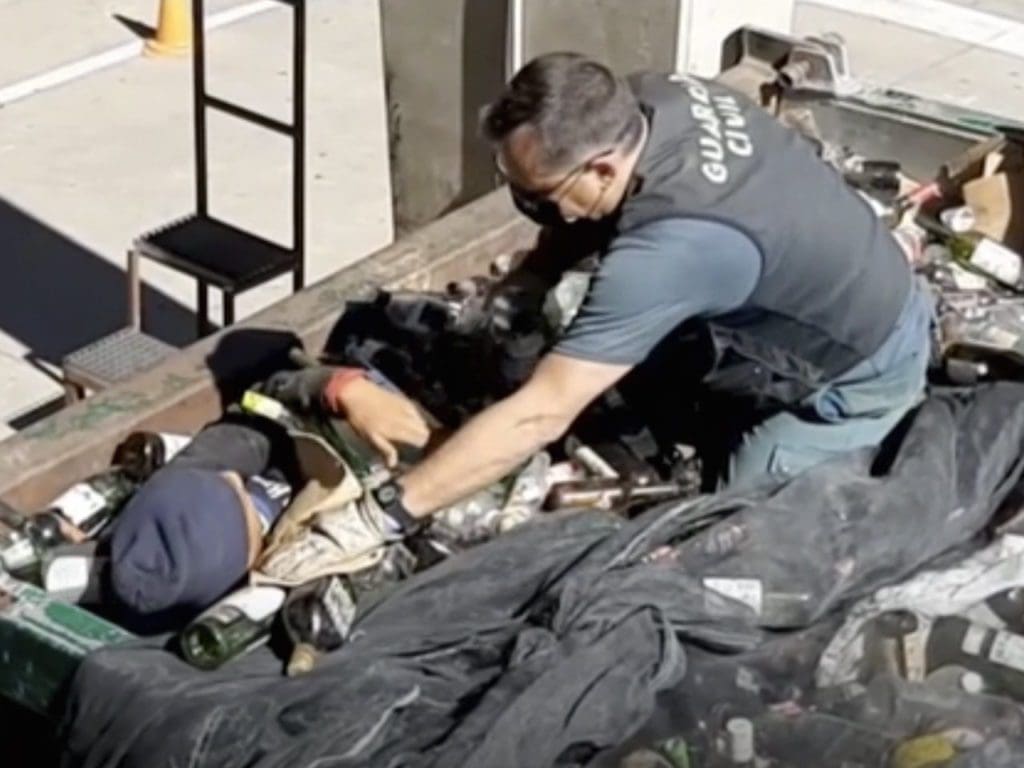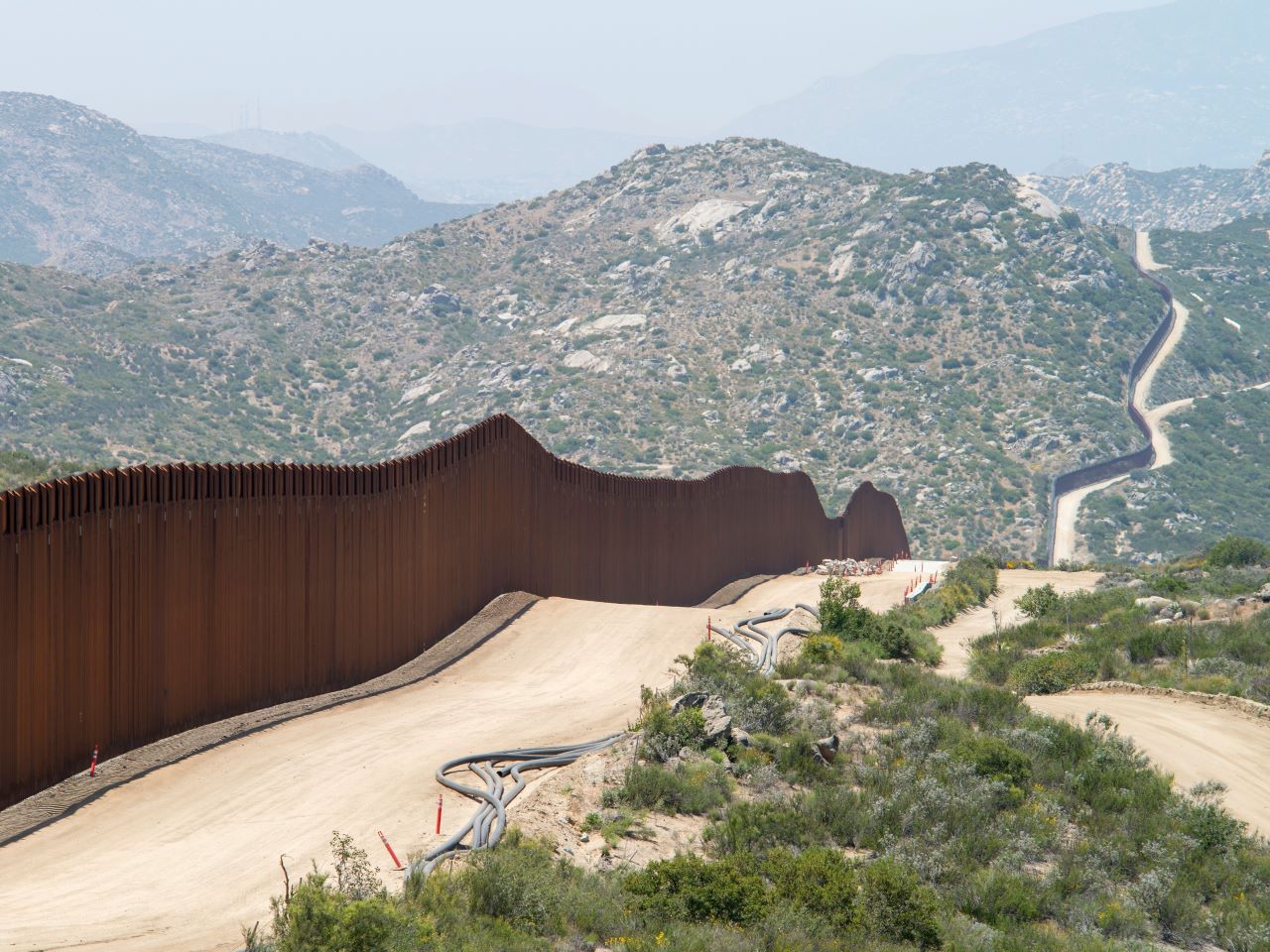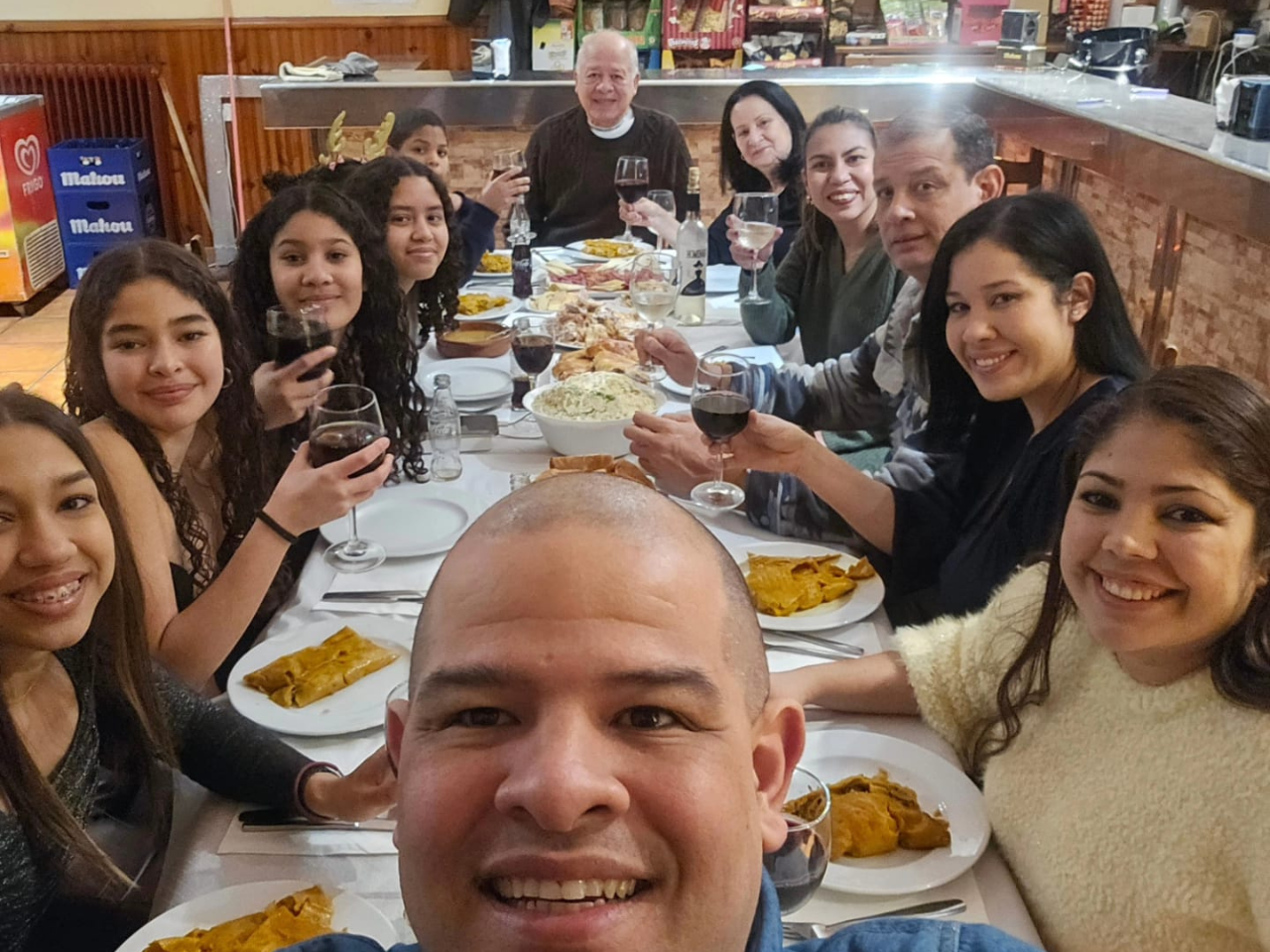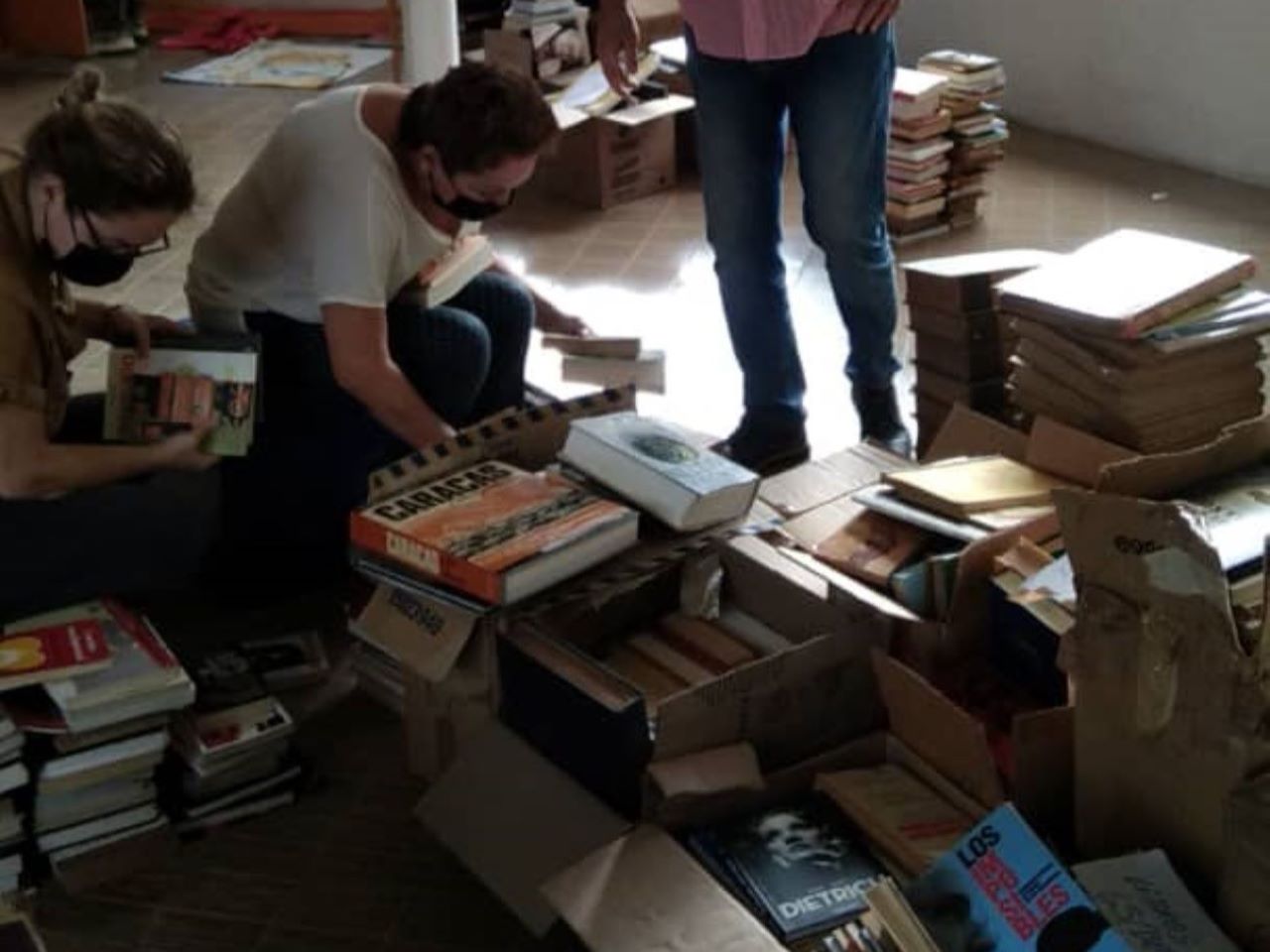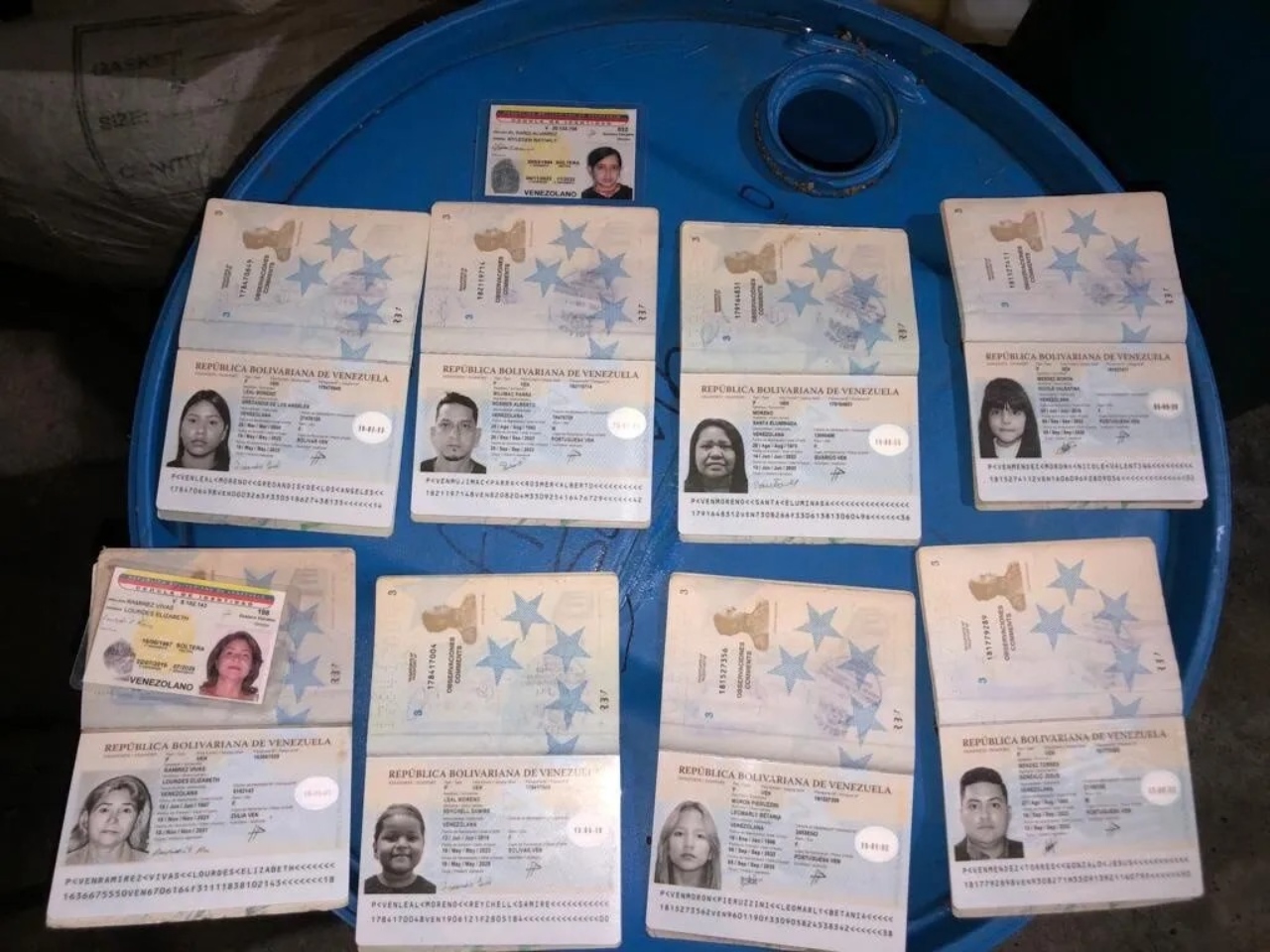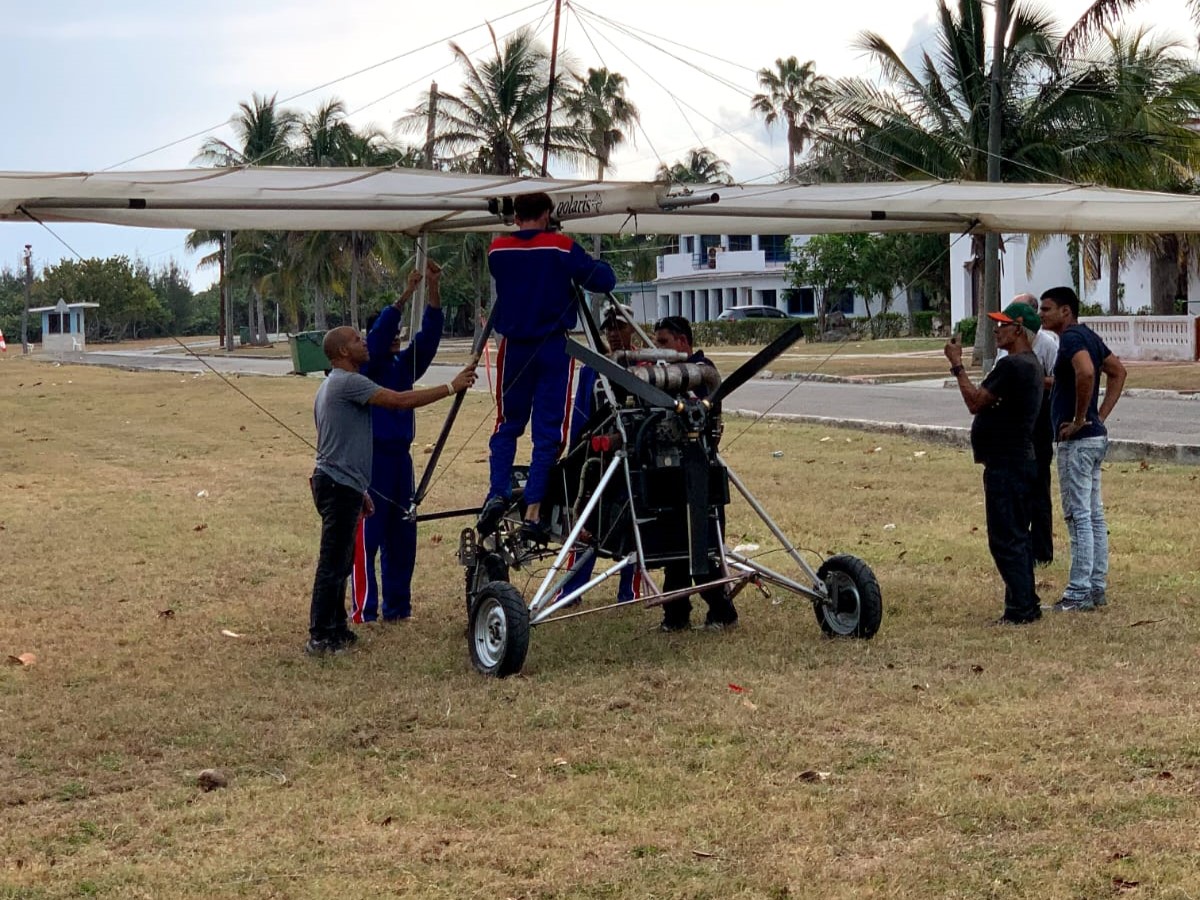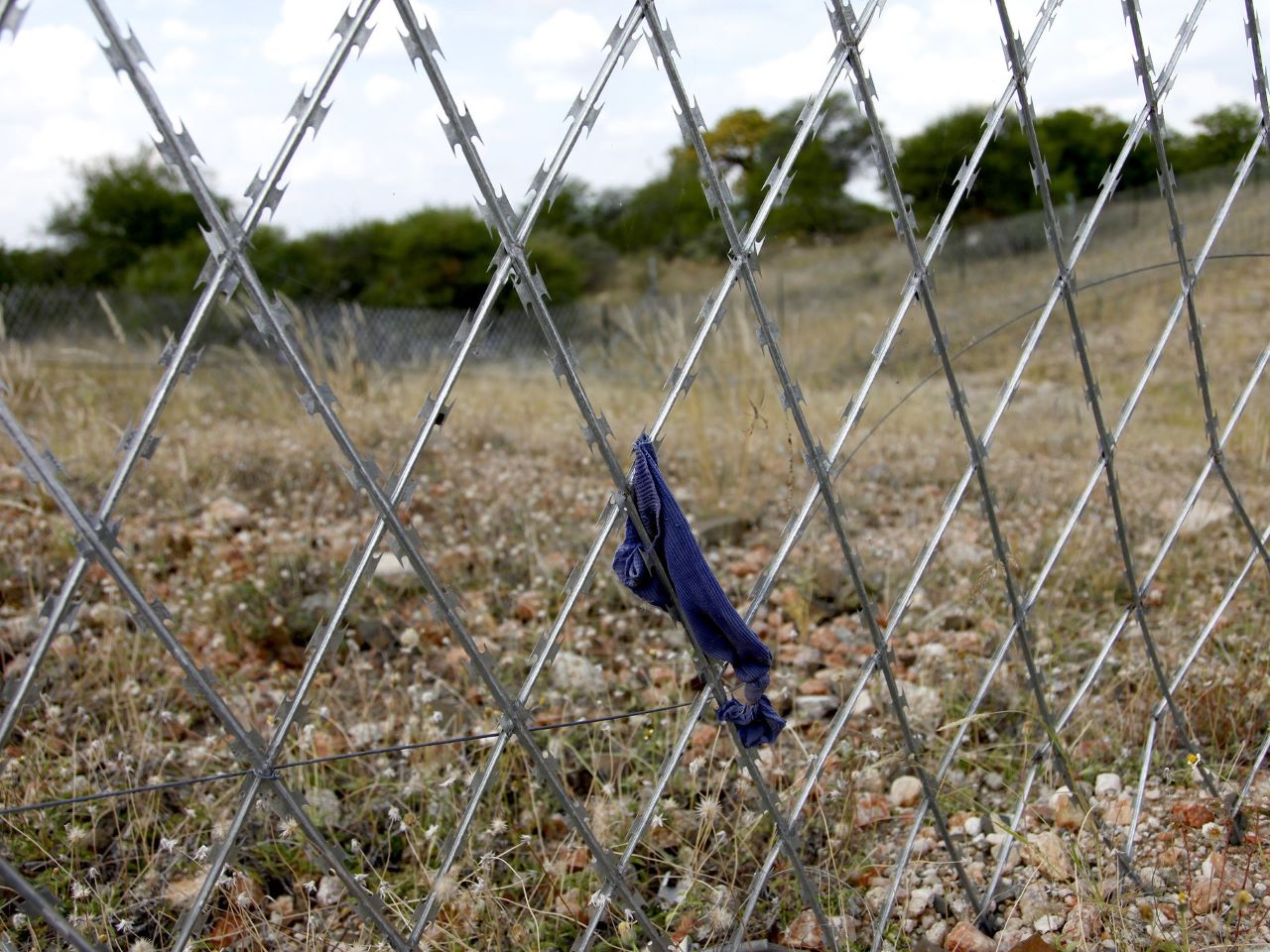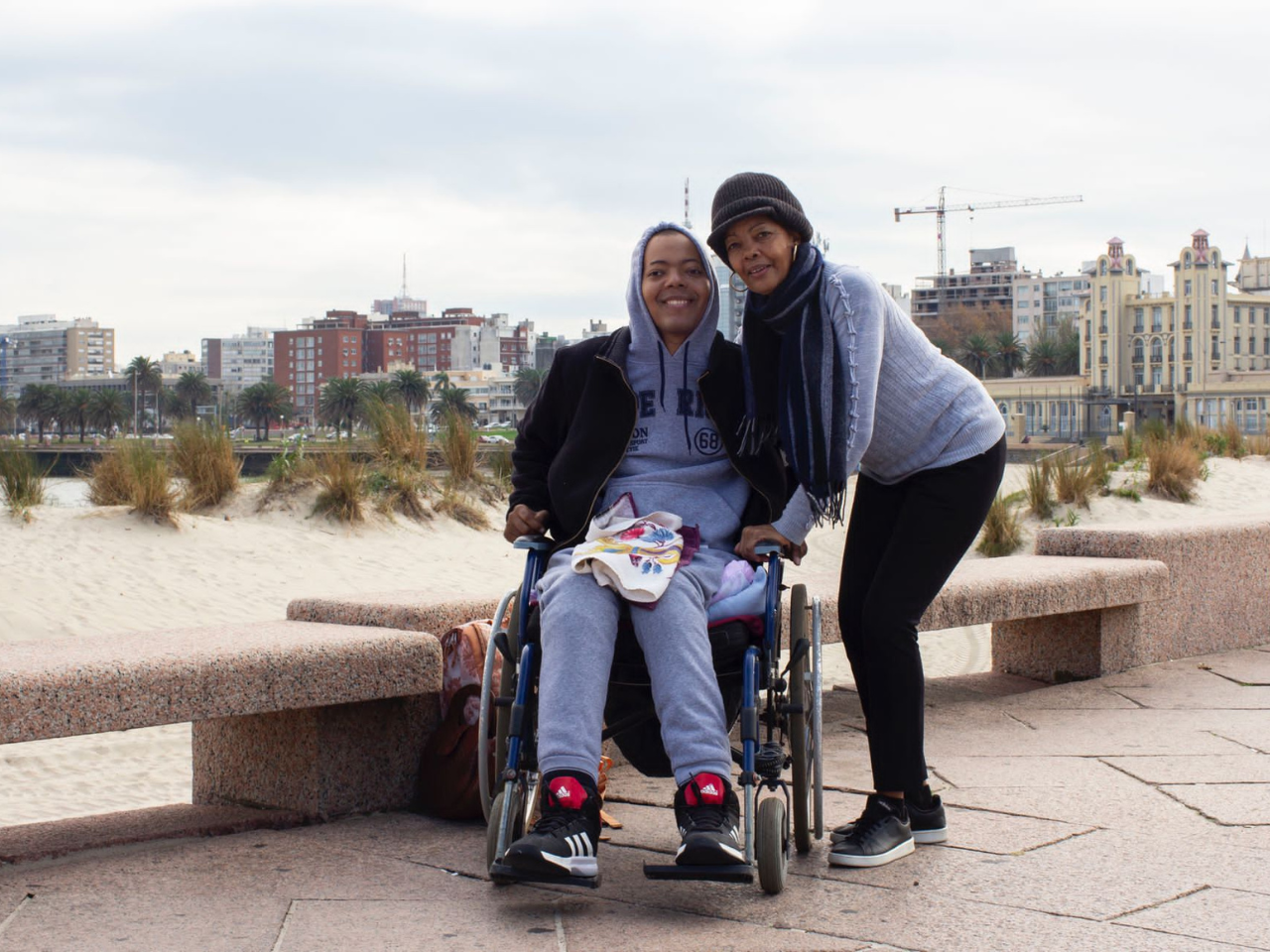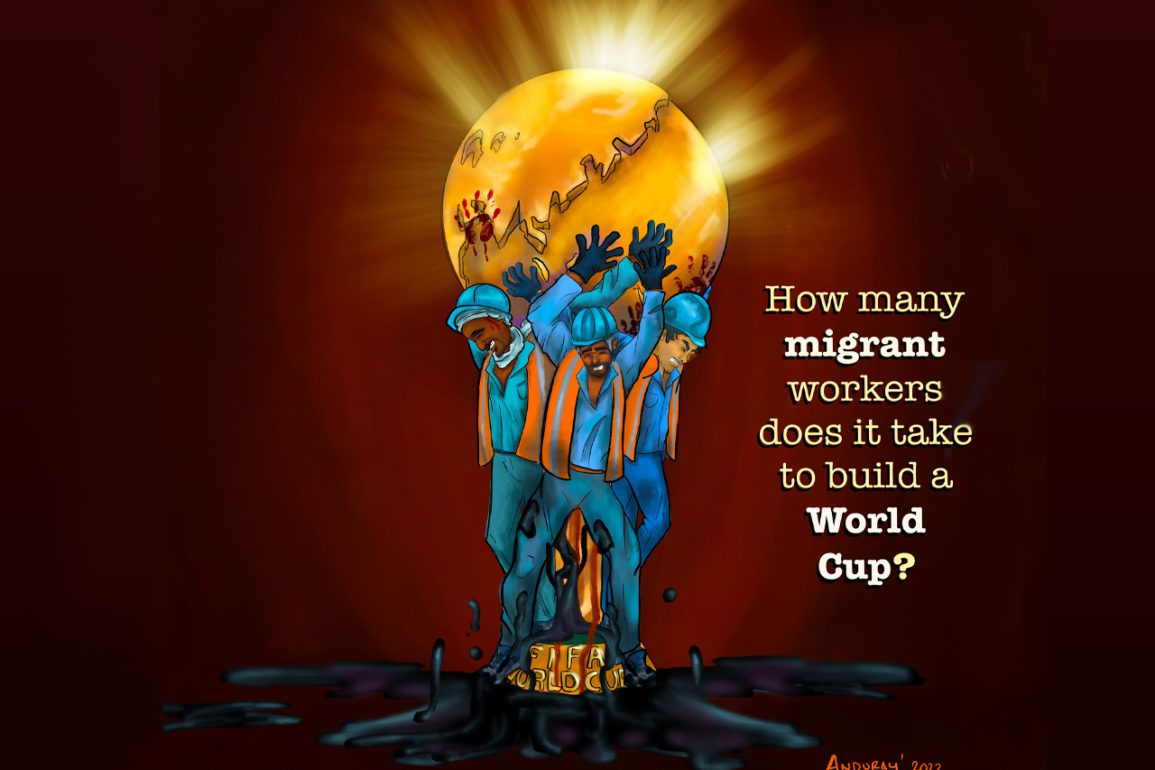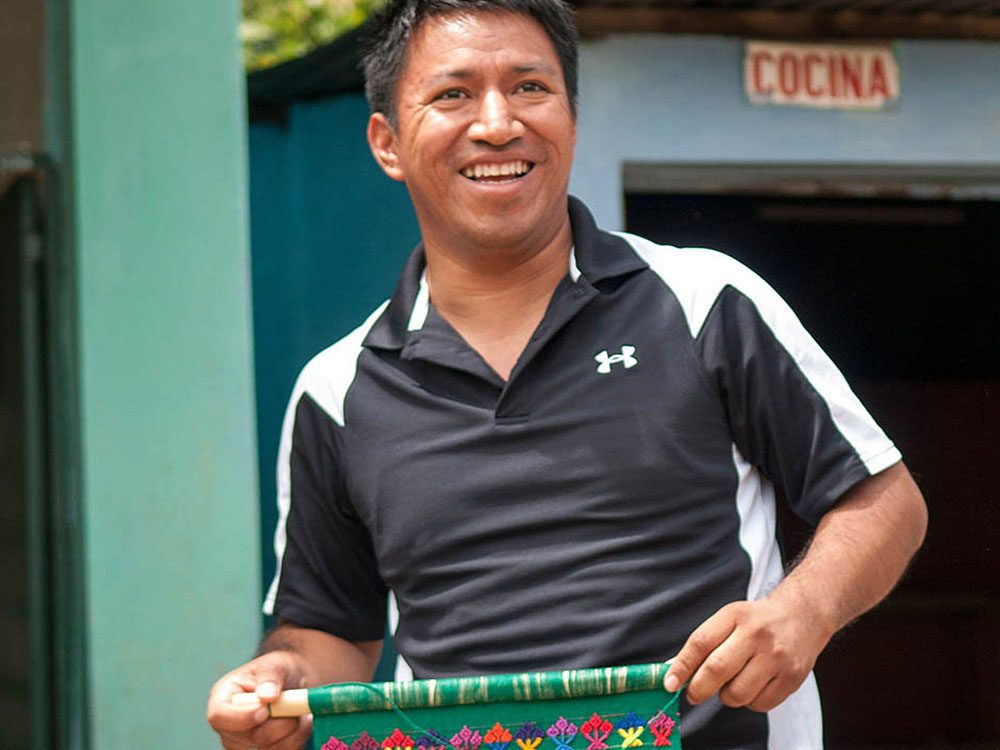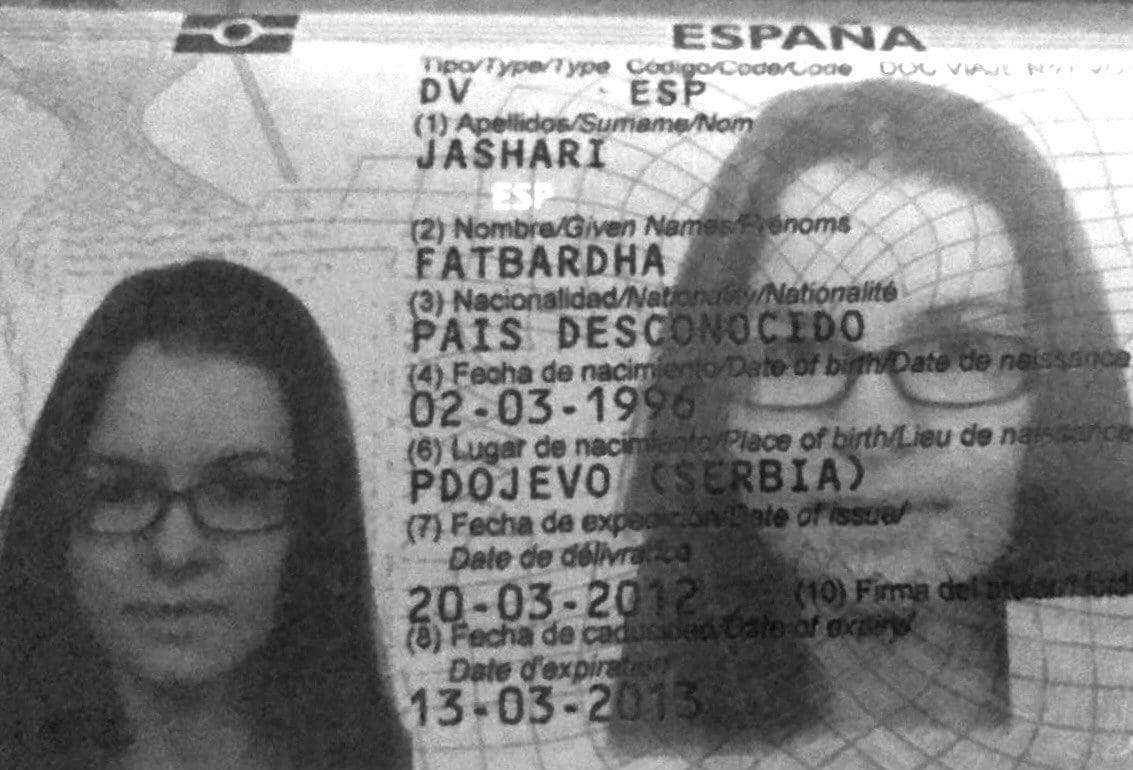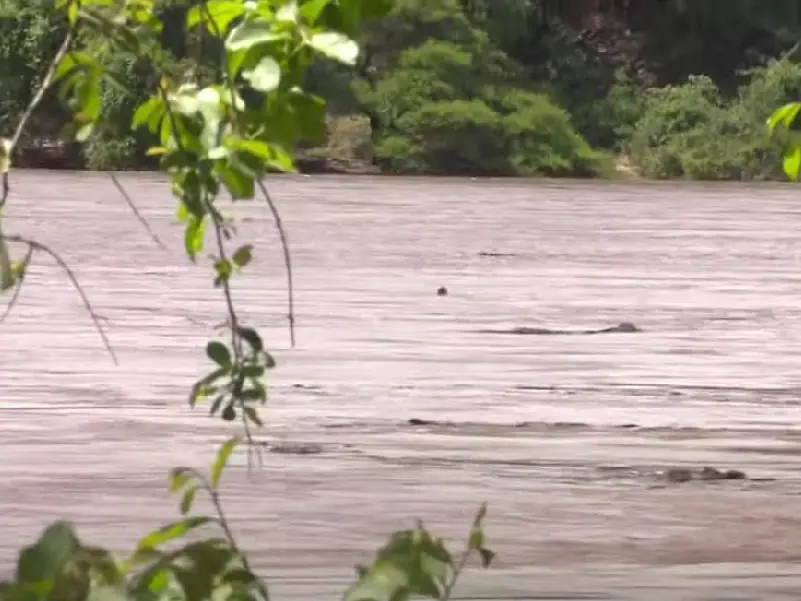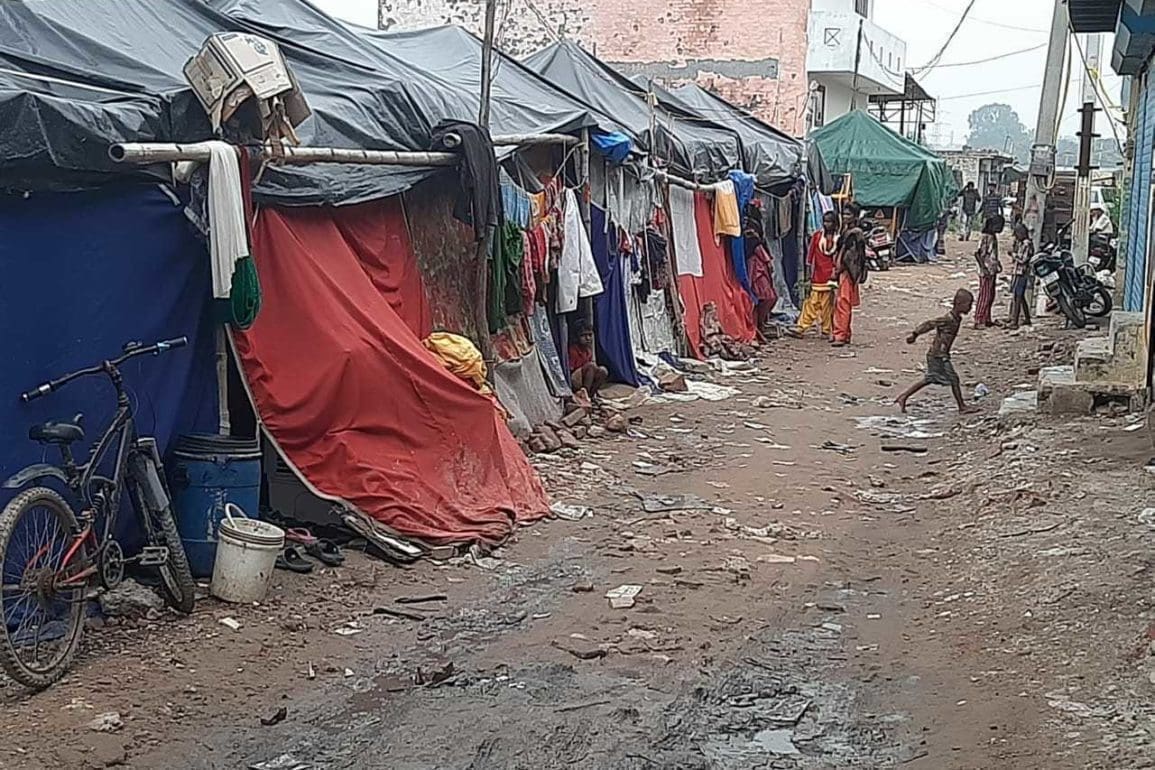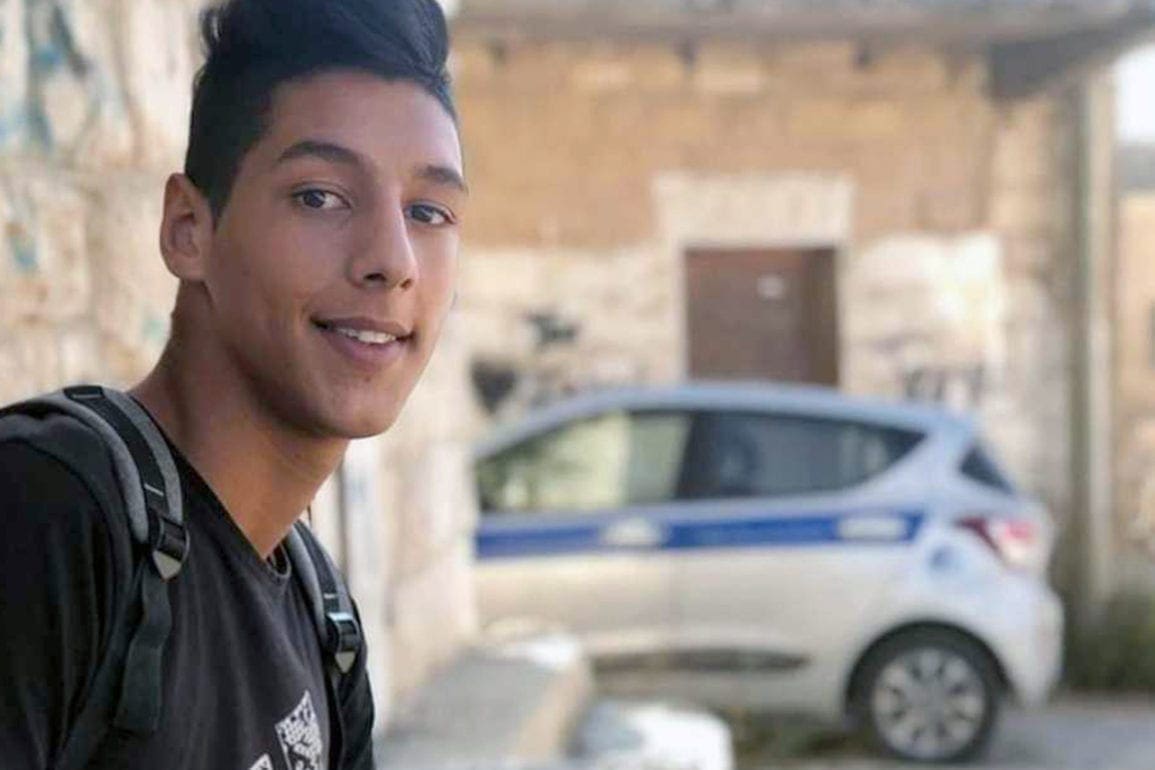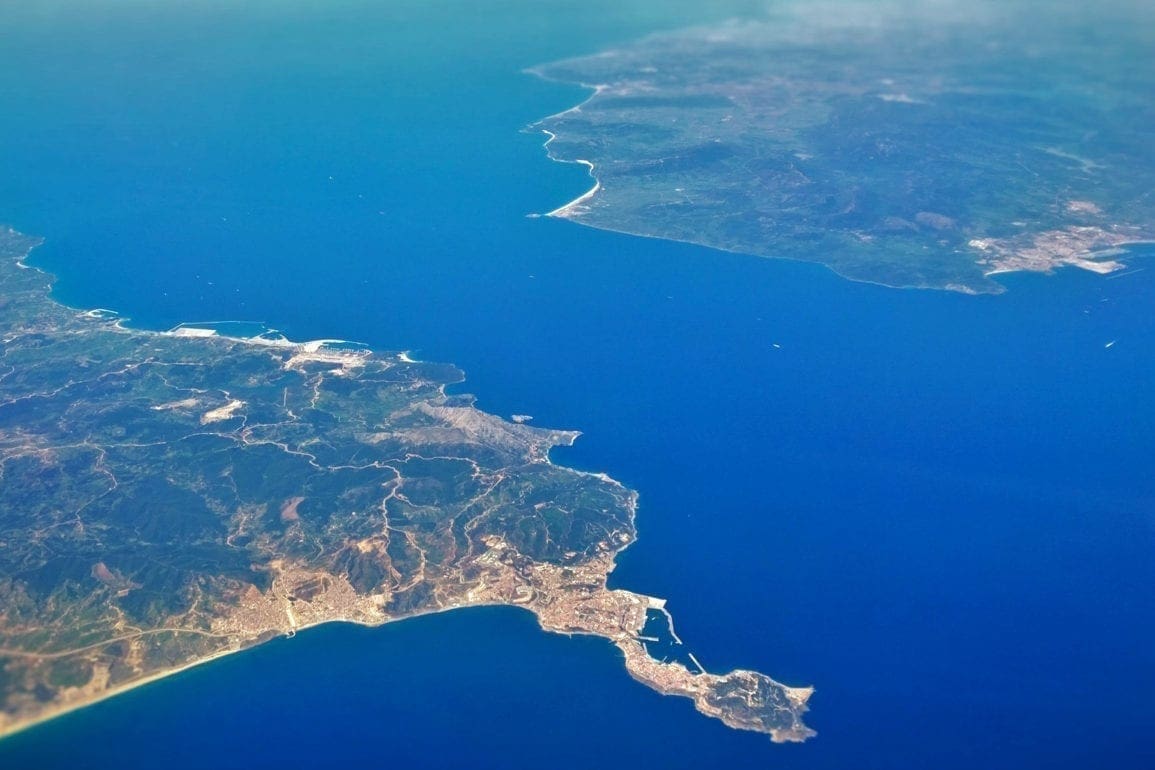Spanish National Police save refugees from cargo containers
Although I am an agent of the Guard, situations like these, where human beings risk their lives to improve their living conditions, are heartbreaking.
- 5 years ago
July 27, 2021
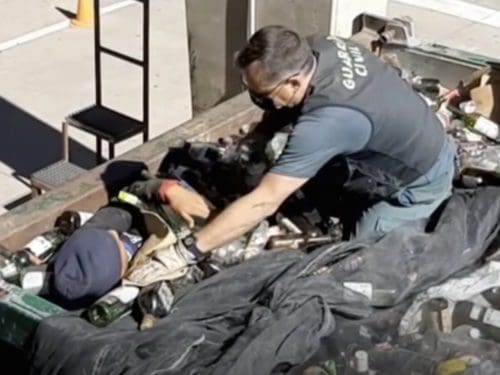
MELILLA, Spain – It was a work morning like any other; I check the contents of cargo containers arriving at the port.
I never imagined what I would find that day.
We opened a container and my brain did not want to accept what my eyes were seeing. My vision darkened, and I lost my stability for a moment. I took a deep breath and continued.
There was a leg inside one of the plastic bags.
I dared to lift it and drop it. The leg was motionless. I tried again and nothing happened. On my third attempt, the leg moved.
Inside, I felt an intense tingling that paralyzed my hands. For several seconds I could not move. When I regained my composure, I opened the bag with my knife.
I found a man, still breathing, with glass shards all over his body. I immediately asked for an ambulance to help him survive.
Many more people found in containers
We found more than thirty men in the first cargo container, who we later identified as Moroccans and Algerians.
In the second container, we found five more. Some hugged us while tears rolled down their cheeks.
Although we could not understand their language, they showed us a mixture of gratitude and supplication for their lives.
They were afraid we would deport them or even send them to prison. Others, when discovered, reacted with violence until they realized we were not enemies.
My colleagues had told me about experiences like this, but I never imagined it would shock me so much. In 2020 alone, authorities found 11,669 people in containers shipping plastics, glass, waste, and fabrics.
These people seek to escape their countries and therefore put their lives at risk.
Methods of illegal entry
Once in Melilla [a Spanish city on the northwest coast of Africa], immigrants seek to infiltrate the port and take ships across the Mediterranean Sea to mainland Spain.
They do their best to access the peninsula in any way. Some go on wooden rafts through the water, others swim, and many die along the way.
From the Spanish Civil Guard, we know these people entered the city of Melilla through the Moroccan border.
They probably lived for a time in a host country illegally as they sought ways to reach cities such as Malaga, Almería, or Granada.
Other times, they seek to access the peninsula by land, hiding under cars when they slow down.
Although I am an agent of the Guard, situations like these, where human beings risk their lives to improve their living conditions, are heartbreaking.
How to detect bodies
That day we had human, technological, and animal resources that helped us find 41 people.
Fear is significant during these searches because the conditions in which these individuals put themselves in are extremely hazardous.
As we found them, one by one, we were able to rescue them. They were checked by medical personnel and were later sent to the National Police station.
By releasing this news from the Coast Guard, we hope immigrants become aware of the dangers they face when leaving their country in this way.

